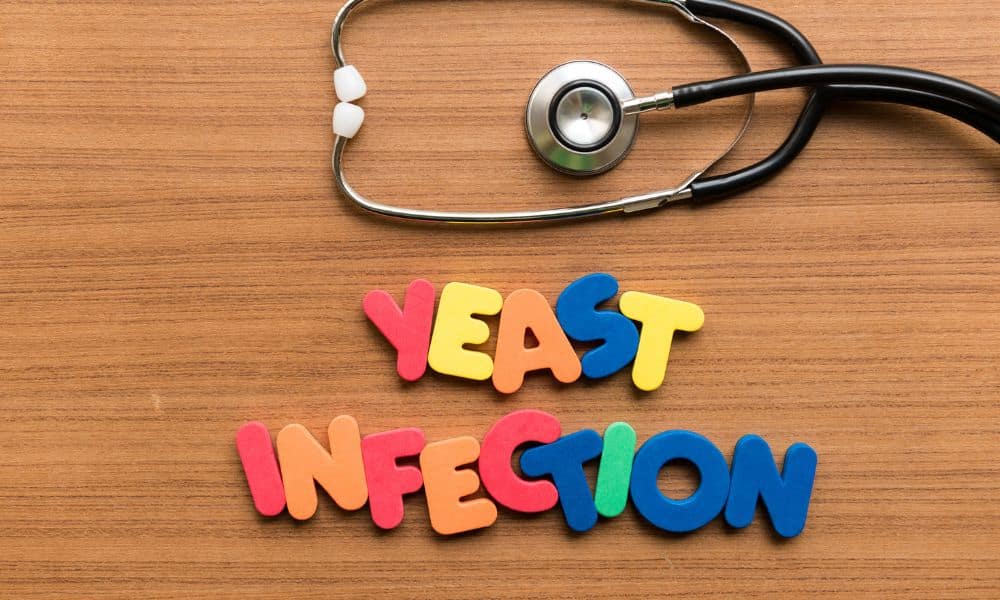A balanced and nutritious diet of foods is crucial in supporting female sexual health and well-being. Certain foods are known for their ability to enhance libido, promote hormonal balance, support reproductive health, and improve overall intimacy.
In this article, we will explore nutrient-rich foods that enhance female sexual health and libido, provide diet tips for promoting hormonal balance and menstrual regularity, discuss foods that may alleviate menopausal symptoms and improve intimacy, delve into nourishing the reproductive system through a healthy diet, and address the emotional and mental aspects of female sexual health and their connection to diet.
Nutrient-Rich Foods That Enhance Female Sexual Health and Libido
- Avocado: Packed with healthy fats and vitamin E, avocados support healthy blood flow and hormone production.
- Berries: Rich in antioxidants, berries can improve blood circulation and promote sexual desire.
- Fatty Fish: Salmon and mackerel provide omega-3 fatty acids supporting hormone production and cardiovascular health.
- Dark Chocolate: Contains phenylethylamine, a compound that can induce feelings of pleasure and arousal.
Diet Tips for Promoting Hormonal Balance and Menstrual Regularity
- Healthy Fats: Consuming healthy fats from nuts, seeds, and olive oil can support hormone balance.
- Fiber-Rich Foods: Whole grains, fruits, and vegetables provide essential fiber for healthy digestion and hormonal regulation.
- Limit Added Sugars: Excess sugar consumption can lead to hormonal imbalances. Limiting added sugars is essential for menstrual regularity.
Foods That May Alleviate Menopausal Symptoms and Improve Intimacy
- Soy Products: Soy contains plant-based estrogen-like compounds called phytoestrogens, which may help alleviate menopausal symptoms.
- Flaxseeds: Rich in lignans, flaxseeds can also provide relief from menopausal symptoms.
- Red Clover: This herb may help manage menopausal symptoms, including hot flashes and vaginal dryness.
Nourishing the Reproductive System Through a Healthy Diet
- Leafy Greens: Spinach, kale, and other greens provide iron and folate, essential for reproductive health.
- Seeds: Pumpkin, sesame, and sunflower seeds contain zinc and essential fatty acids, supporting the reproductive system.
- Citrus Fruits: High in vitamin C, citrus fruits can boost collagen production and support the health of the reproductive organs.
Emotional and Mental Aspects of Female Sexual Health and Their Connection to Diet
- Stress Management: Chronic stress can negatively impact sexual desire and satisfaction. Practicing stress-reducing techniques like meditation and mindfulness can help.
- Mindful Eating: Paying attention to hunger cues and emotional eating can foster a healthier relationship with food and overall well-being.
- Body Positivity: Cultivating a positive body image and self-acceptance can positively influence sexual confidence and satisfaction.
Conclusion
A well-balanced and nutrient-rich diet is fundamental for supporting female sexual health and overall well-being. By incorporating foods that enhance libido, promote hormonal balance, and nourish the reproductive system, women can optimize their sexual health and improve intimacy. Nutrient-dense choices like avocados, berries, and fatty fish can provide essential vitamins and compounds for better sexual function.
Diet tips for hormonal balance and menstrual regularity can also support reproductive and menstrual health. For menopausal women, incorporating soy products, flaxseeds, and red clover may help alleviate symptoms and improve comfort during this stage of life.
It’s essential to remember that individual dietary needs and responses may vary, and consulting with a healthcare professional or registered dietitian can offer personalized guidance for optimizing female sexual health through diet and lifestyle choices. By nurturing the physical and emotional aspects of sexual health, women can embrace a holistic approach to sexual well-being and enjoy a fulfilling and satisfying intimate life.
If you or someone you know is looking to improve your health, share this article on Facebook or Twitter so that others can learn more about self-care.




